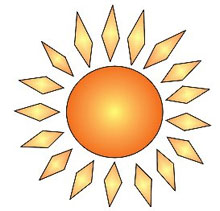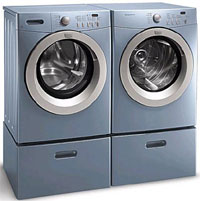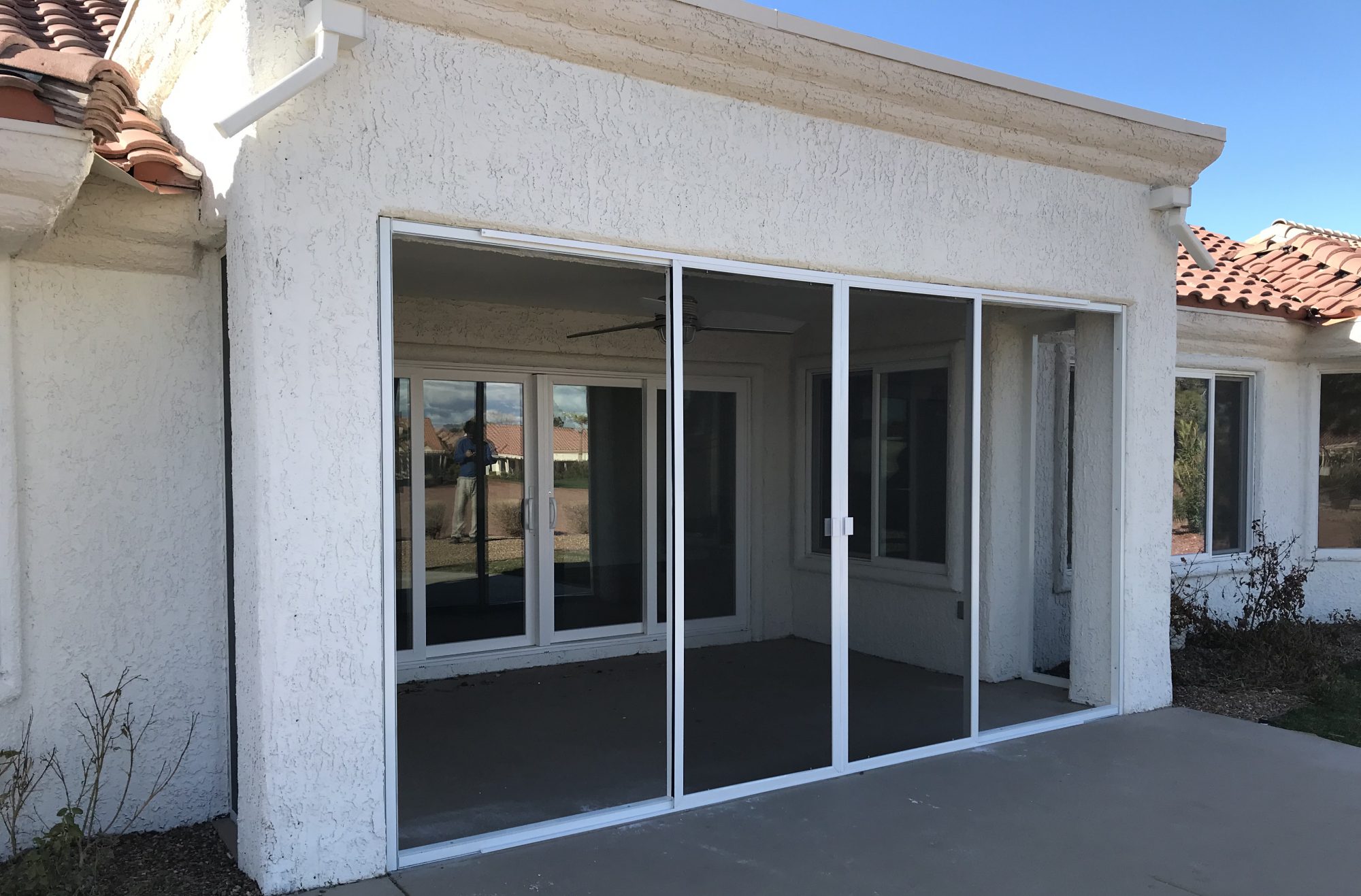Solar Screens & More- Energy Efficiency Tips
HOW HOT IS TOO HOT?: Tips for Reducing Your Energy Costs
 The summer heat is sneaking up on us fast. It is a wonderful time to start becoming more energy-efficient. A big part of energy management has to do with the behavior in the home and how well things are maintained. So, when making upgrades to your home, be sure to consider the many no cost/low cost steps you can take to save energy. With the help from new energy products and these tips below, we can all save money AND help keep the air and water clean, too.
The summer heat is sneaking up on us fast. It is a wonderful time to start becoming more energy-efficient. A big part of energy management has to do with the behavior in the home and how well things are maintained. So, when making upgrades to your home, be sure to consider the many no cost/low cost steps you can take to save energy. With the help from new energy products and these tips below, we can all save money AND help keep the air and water clean, too.
ENVELOPE
Your home’s envelope is made up of the windows, outside doors, walls, foundation, floor, and roof. The envelope is the barrier between the controlled, temperate indoor environment in your home and the fluctuating and sometimes harsh outdoor environment.
- Seal up the largest air leaks in your home. Check for gaps, cracks, and holes around utility cut-through pipes, chimneys, recessed lights in insulated ceilings, and unfinished spaces behind cupboards and closets.
- All materials conduct heat, but some, such as metal or a single pane of glass, conduct it faster. In the instance of a solar screen installed a small distance from a pane of glass, most of the sun’s heat is absorbed or reflected by the solar screen and carried away by convective air currents created by the warm screen before it reaches the glass. Therefore, protecting all of your windows (not just the windows that get direct sunlight) saves more energy by blocking the heat. Affordable solar screens can pay for themselves with the money you will save on your power bill.
- Converting a patio cover into a solar screen room can reduce heat on an entire side of a home.

LIGHTING
Plugging something into an electrical outlet may seem harmless, you can’t see or smell any pollution (like you can from a car). But the pollution is there – it just happens at the power plant. Most electricity is generated by burning coal and running nuclear power plants. Every time you turn on the lights, you create a little pollution.
- Reduce or remove light wherever there is more light than needed. Outdoor walkways and dining areas may not need as much light as an office or shop.
- When replacing bulbs, use lower wattage or more efficient ones. For example: screw-in compact fluorescent and T-8 fluorescent tubes are of the technological advances in lighting to increase energy-efficiency.
- Keep lamps and fixtures clean. Dust, grease, and other dirt accumulations on lamps, lenses, globes, and reflecting surfaces of the fixture can reduce light output by as much as 30%.
- Make sure automatic controls are working properly.
HVAC
Maintaining HVAC systems is critical for lower utility costs, to increase the service life of the HVAC, and provide greater comfort and safety for the building’s occupants.
- Replace filters every 1-6 months.
- Turn off when not needed.
- Use a digital, programmable thermostat.
- Adjust air duct registers seasonally remembering that hot air rises especially in two-story homes.
- Run less by using more efficient temperature settings.
- Use ceiling fans and space heaters to cool and heat only the rooms you’re in for your desired comfort level, rather than the central system for every room in the house.
APPLIANCES

- Use energy-saving settings on refrigerators, dishwashers, washing machines, and clothes dryers.
- Wash laundry in cold water instead of hot.
- Put your computer to “sleep” when you’re not using it.
- Keep rarely used appliances unplugged.
- Turn down the temperature of your water heater to the warm setting (120°F). And if your water heater is old enough that its insulation is fiberglass instead of foam, it clearly will benefit from a water heater blanket from the local hardware store.
- Check the age and condition of your refrigerator, you may want to replace it with a more energy-efficient model.
There are many ways to save energy by using day-to-day basic tips or choosing to make an effective investment. We all want to reduce our utility bills and free up money for other things! And keeping yourself updated on energy-efficient technologies can benefit you year after year.
